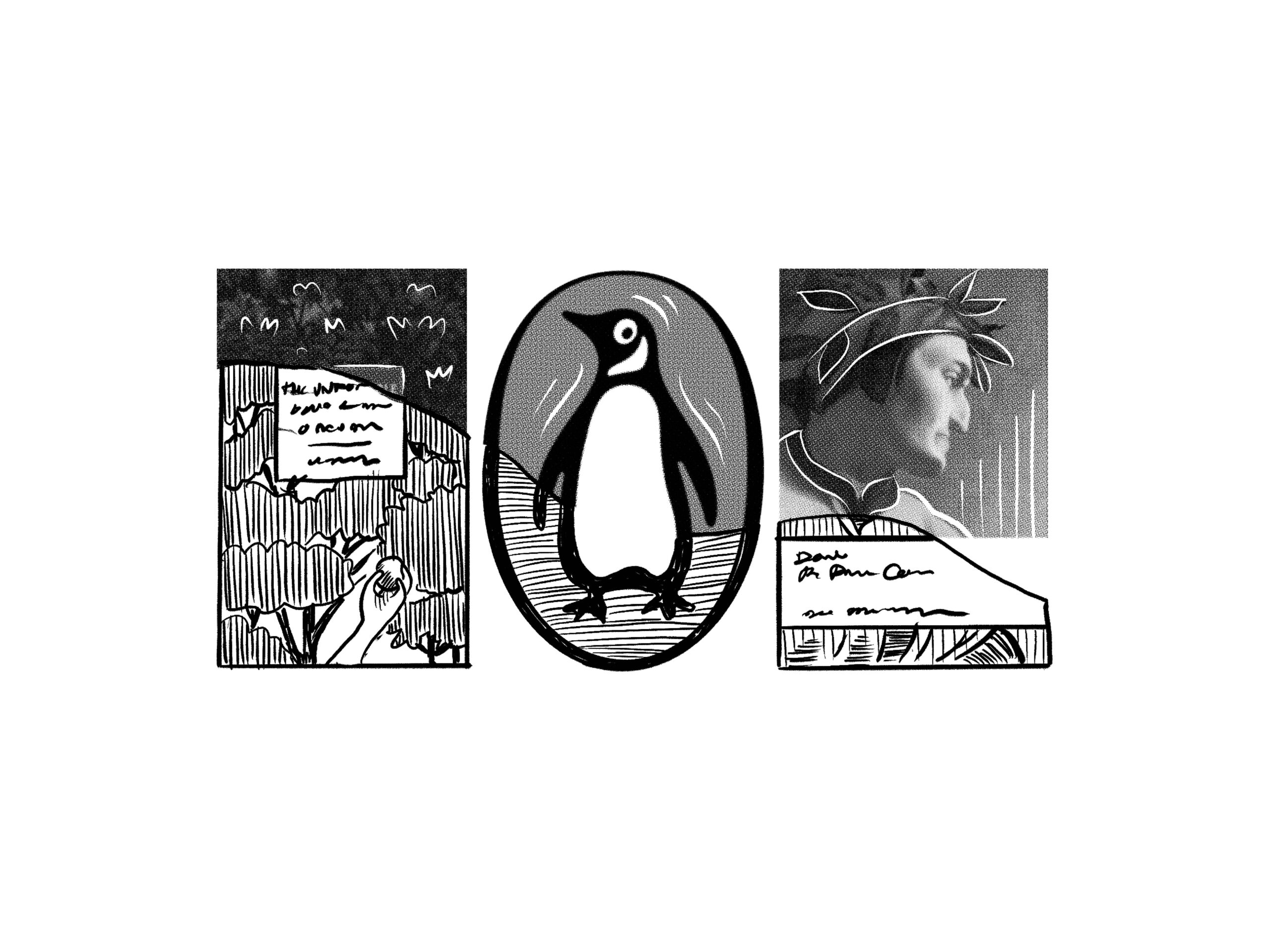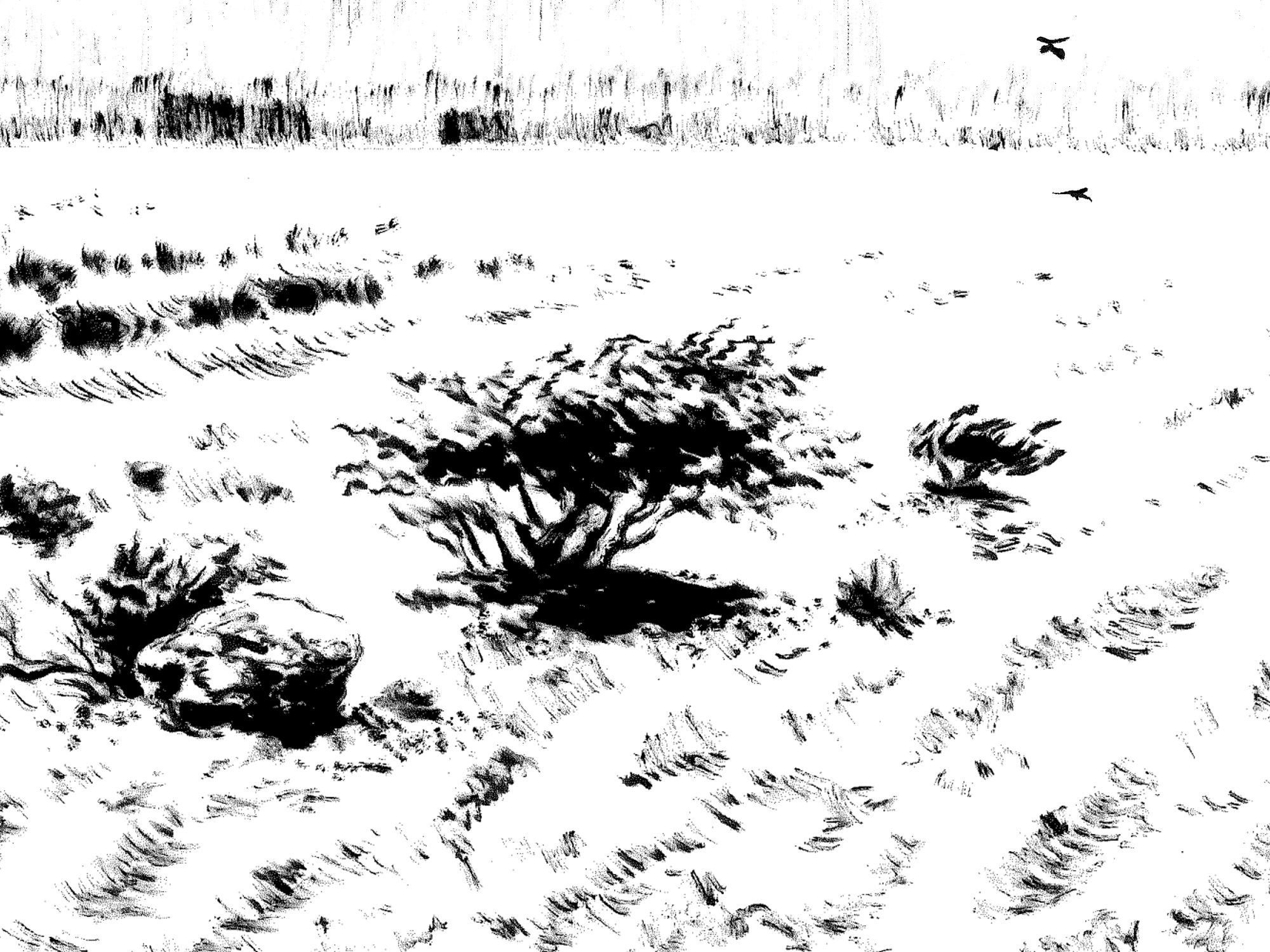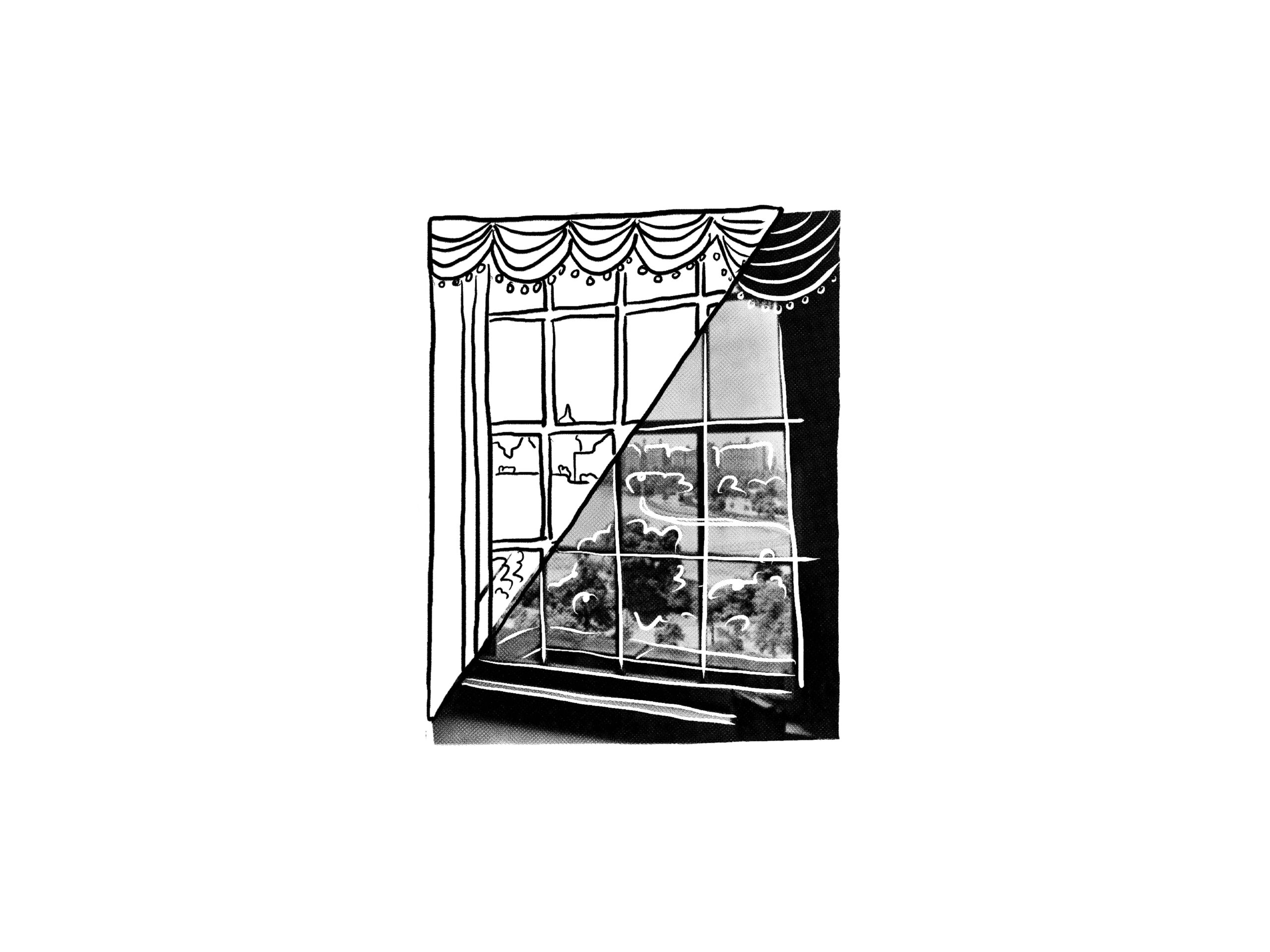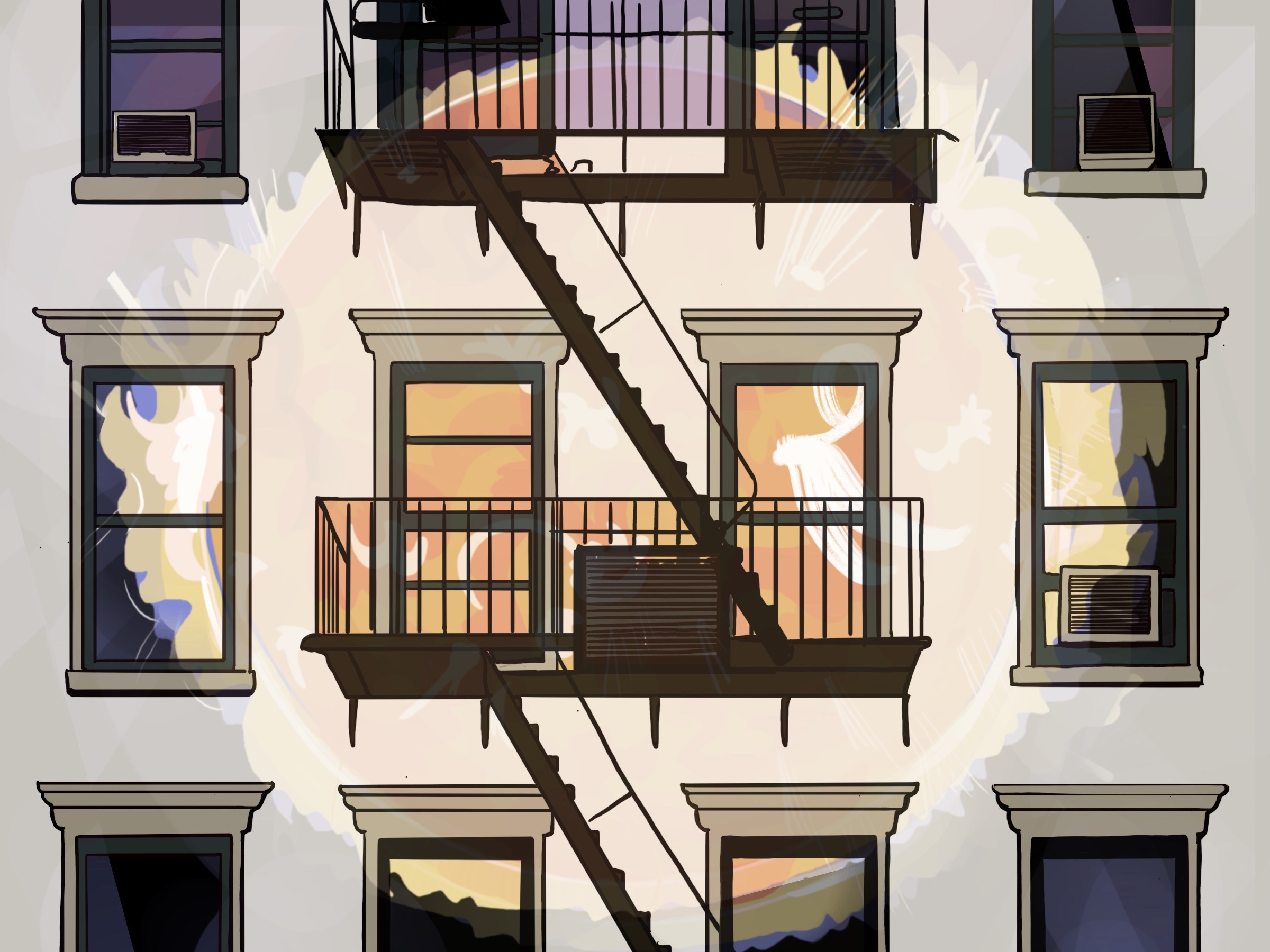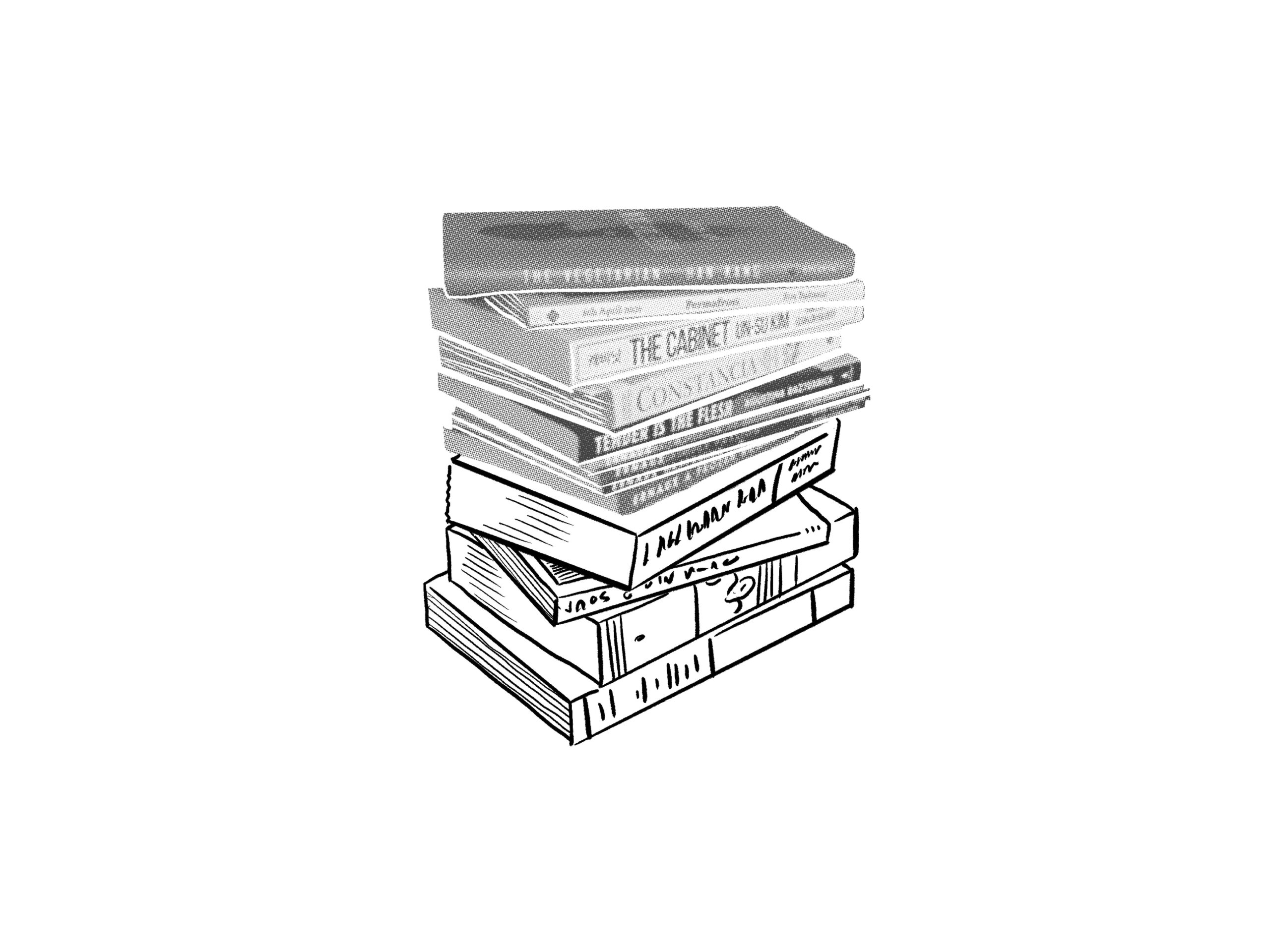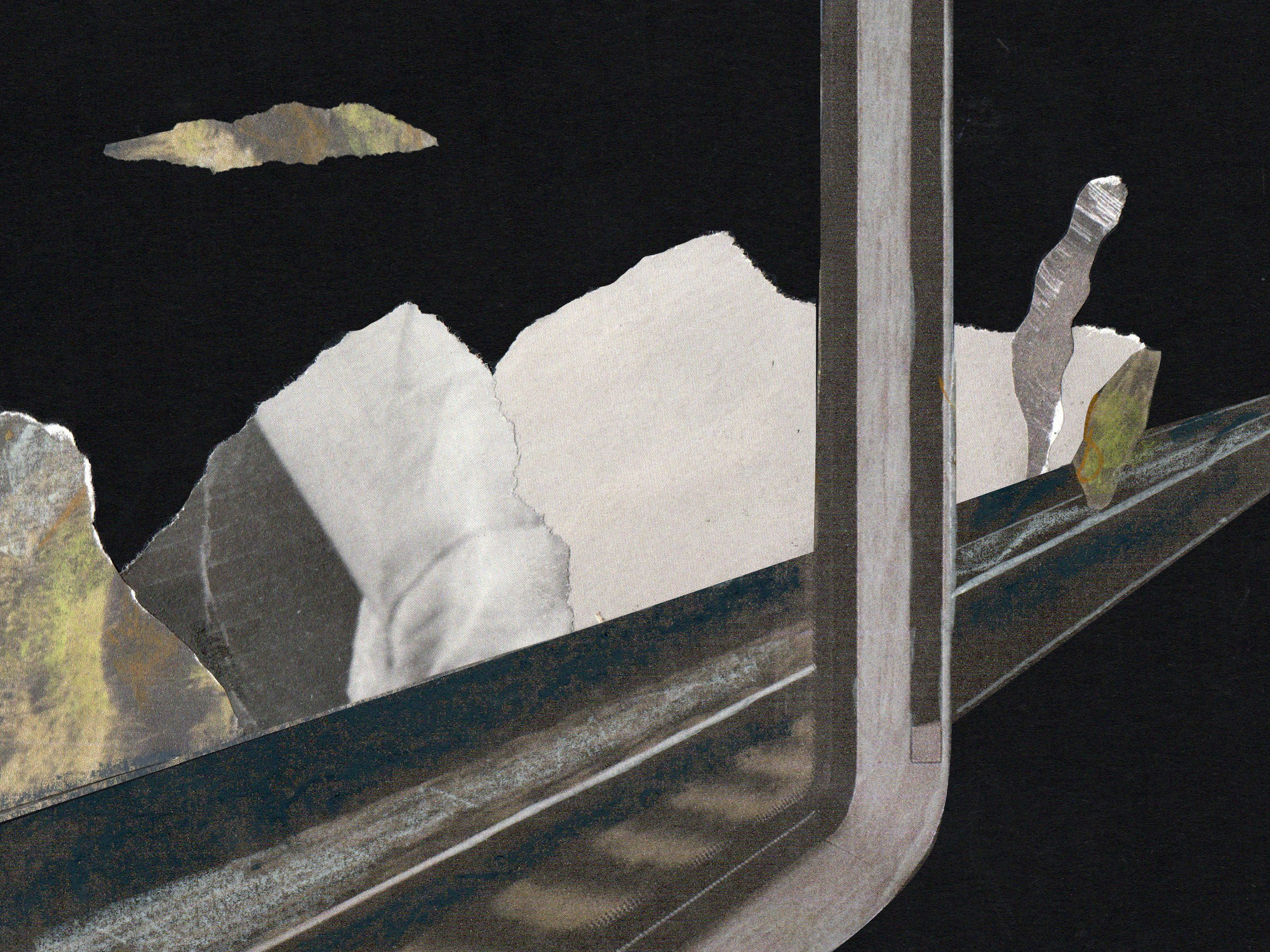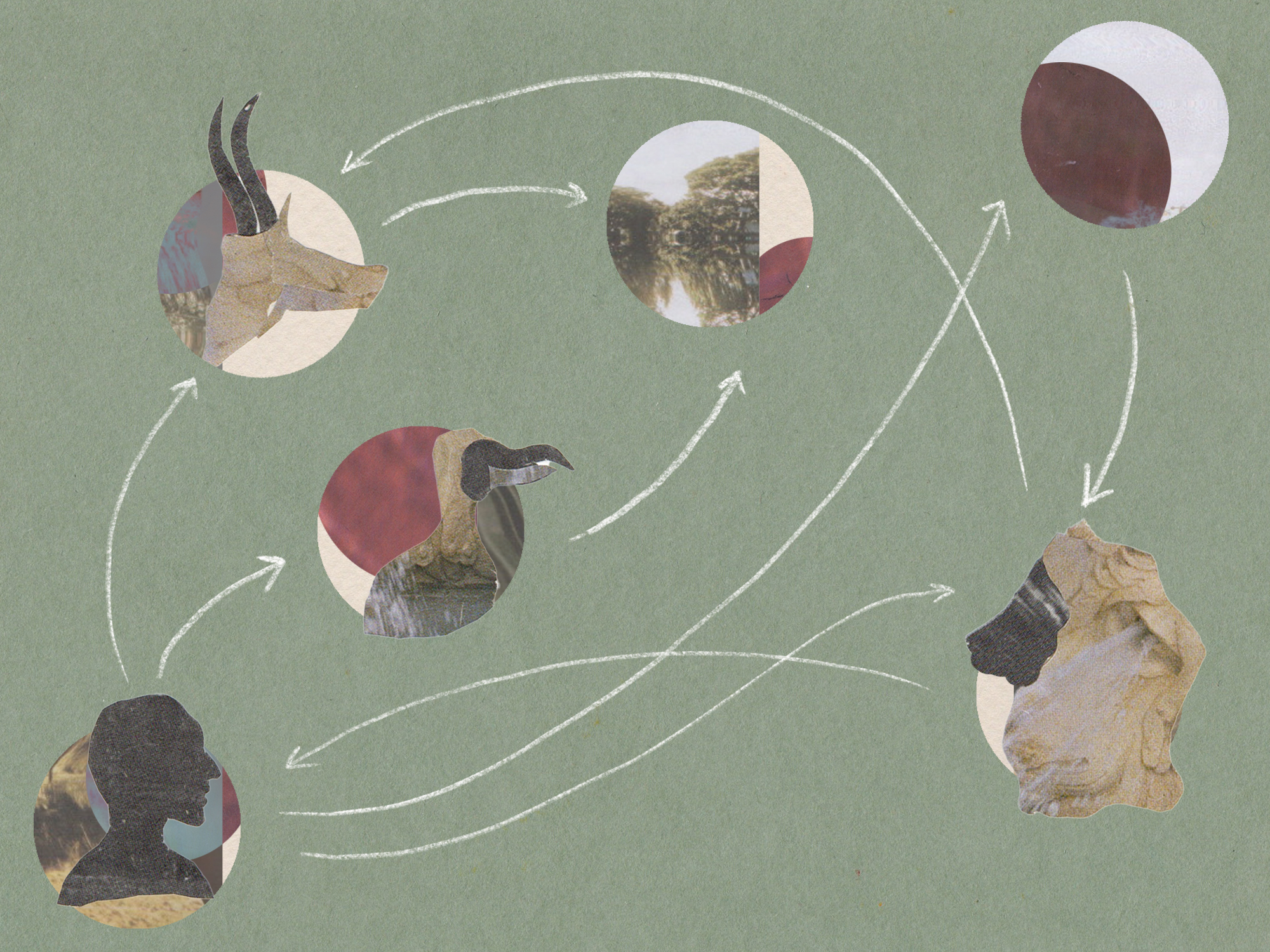Latest
December 18, 2024
Context Collapse #7 | Poetry
Ryan Ruby
So when context becomes the new content, CONTEXT COLLAPSE cannot be far behind. And after? What would postcontextual Poetry even look like? Ask Victor H. Yngve, professor of linguistics At MIT, whose 1961 Paper, “Random Generation of English Sentences,” features Computational Poetry generated with the help Of COMIT, his string-processing language, And the words found in a children’s book about A tiny steam engine. Ask Bill Chamberlain And Thomas Etter,...
December 18, 2024
The Past and Passed Over
Michael Barron
What makes a book a classic? Italo Calvino once suggested that the answer is ultimately a matter of personal choice. As he wrote in a 1986 essay for The New York Review of Books, “It is only by reading without bias that you might possibly come across the book that becomes your book” — one that you read and reread, always getting something from doing so. This is a nice...
December 18, 2024
Elsewhere | Poetry
Edward Salem
I laughed at the phrase you used, Emptied yourself. I thought, It’s true, there’s nothing left. I didn’t remember how many drinks I’d had as I poured another. Who cares, I whispered to myself, thinking on our day together, how glad I was it was over — earlier, four men walking toward the border were vaporized by a drone that hovered haltingly like a buzzing bumblebee before the stigma of...
December 18, 2024
A Half-Suppressed Strangeness
Marta Figlerowicz
In the fall of 2018, I was invited to chair a panel of distinguished literary translators on my campus. The conversation ran smoothly, circling lovingly around commas, onomatopoeias, and the International Booker Prize for works in translation. Then — inevitably — a belligerent man piped up from the audience to explain that translating foreign literatures into English reinforced the imperial ignorance of Anglophone elites and commodified non-Western literary works by...
December 18, 2024
History of Art | Poetry
David Ehmcke
The paintings were so famous they shook the man’s eyes. His face was a miniature fanfare anointing a halcyon sky. “The red of the prince’s robes means love,” the docent started. “Sex and love,” the man corrected. The tour of global arts went on this way: history, sex, love, war, death. Each room was a tomb of facts, an age of worship caught in a lockbox where the centuries don’t...
December 18, 2024
Solar Flare | Fiction
Miriam Gordis
When Alex came back from the dead, it was the summer of all the heat waves. Every time it got above 95 degrees, an alert on our phones told us to turn off the lights and keep our refrigerators closed. Something was wrong with the grid and they couldn’t or wouldn’t fix it. Sometimes they came down my block and tinkered and then left. There were blackouts for hours at...
December 18, 2024
Abolish the Categories
Yasmin Zaher
I must begin with my own condition. I’m a Palestinian writer and a citizen of Israel, my mother tongue is Arabic, I write in English, and I live in France. My novel does not fit in the category of Arab literature, because it is not written in Arabic; nor can it be American or English literature, because I am not American or British. Classifying it as French literature would be...
December 18, 2024
A Natural Passenger | Poetry
Homa Zarghamee
as natural as a pigeon in asphalt and the dove that mourns above it so natural that when the wing breaks and the body buckles or the car bends around the tree like a knotweed or the conductor is momentarily blinded so that the train derails and turns on its side like a restless sleeper I will return to my seat
December 18, 2024
Somewhere and Everywhere | Reading Literature in Translation
Angelo Hernandez Sias, Carey Baraka, Marta Figlerowicz, Michael Barron, Na Zhong, Siddhartha Deb, Yasmin Zaher, Zain Khalid
For too long, the American publishing industry has faced inward, bringing English-language writers to English-language readers, and sequestering everything outside the Anglosphere into a single, vague category of “world literature.” In 2007, only three percent of books put out in the U.S. were translations, and this sliver hardly offered a truly global tour: according to a study of translated titles published between 2008 and 2020, 45 percent were originally written...



